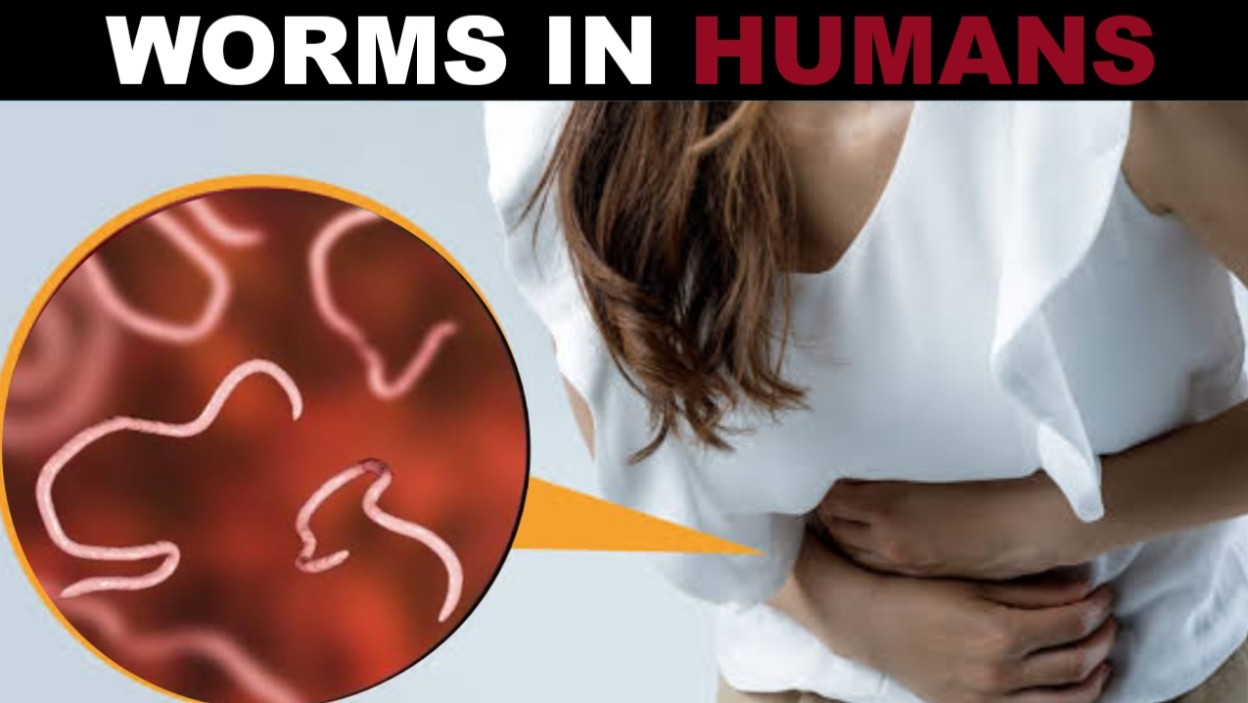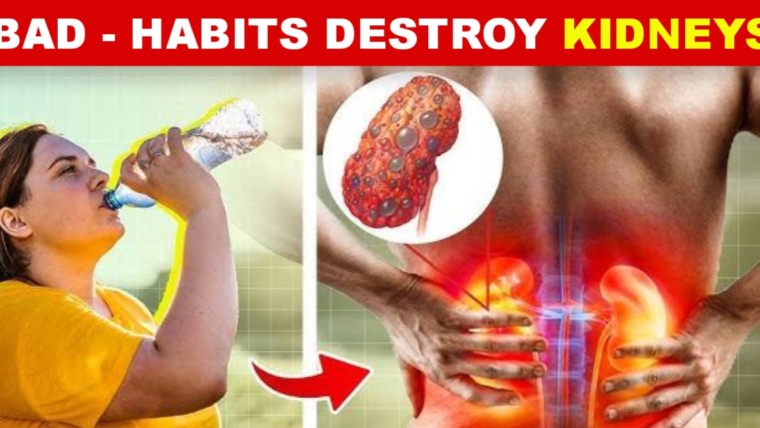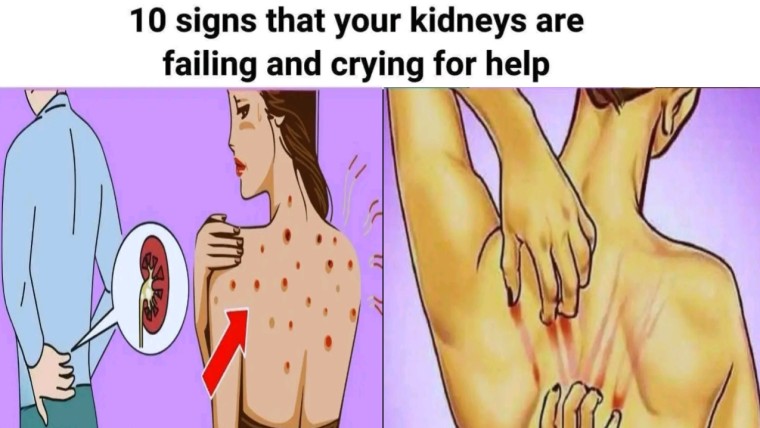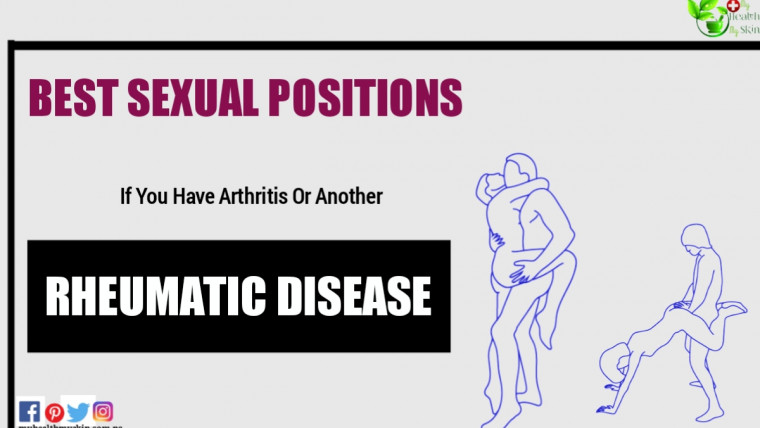Worms in humans are an uncomfortable yet common occurrence. These parasites can inhabit different parts of the human body, causing a variety of unpleasant symptoms. In this article, we’ll explore how to identify if someone has worms, the associated symptoms, transmission, the most common types, and what to do if you suspect you’re experiencing this problem.
Understanding the action of worms in the human body
Worms, like parasites, have a complex way of interacting with the human body. Once inside the body, these parasites can cause a range of health problems, affecting everything from the digestive system to other vital organs. Let’s explore more about how worms affect the human body and the damage they can cause.
How worms act in the body
Worms can affect the human body in a variety of ways, depending on the type of parasite and the area of the body they colonize. Here are some common ways worms affect the body:
- Tissue Damage: Some worms, such as tapeworms and roundworms, can lodge in body tissues, causing physical damage and irritation to the affected organs.
- Intestinal Obstruction: Worm infections such as ascariasis can cause intestinal obstruction, leading to symptoms such as severe abdominal pain, nausea, and vomiting.
- Malnutrition: Worms consume nutrients present in the human body, which can lead to malnutrition and nutritional deficiencies.
- Inflammation and Infection: The presence of worms in the gastrointestinal tract can trigger inflammatory processes and predispose the body to secondary bacterial infections.
What is the life cycle of worms?
The life cycle of worms can vary depending on the type of parasite, but generally involves a combination of stages inside and outside the human body. For example:
- Ingestion of Eggs or Cysts: The life cycle often begins with humans ingesting worm eggs or cysts, usually through food, water, or direct contact with contaminated surfaces.
- Development in the Body: Once ingested, worm eggs can hatch and release larvae into the gastrointestinal tract, where they can develop and reproduce.
- Release of Eggs or Larvae: Adult worms release eggs or larvae into the external environment, often through human feces, thus completing the cycle and perpetuating the infestation.
Damage that worms can cause to people’s health
The damage caused by worms to the human body can be significant and varies depending on the type and severity of the infestation. Some of the health problems associated with worm infestation include:
- Malnutrition and nutritional deficiencies.
- Bowel obstruction.
- Chronic inflammation.
- Anemia.
- Complications in the respiratory, nervous and cardiovascular systems, depending on the type of parasite and its location in the body.
It’s important to understand that, if left untreated, worm infestations can lead to serious complications and even be life-threatening. Schedule an appointment online through myhealthmyskin and speak with our specialist doctors, from the comfort of your own home. No health insurance is required.
Below, we’ve separated the signs to identify, if you have worms and the most important questions to better understand the problem and the answers to each of them:
How do you know if someone has worms?
Identifying the presence of worms in the body isn’t always straightforward, as symptoms can often be attributed to other conditions. However, some signs may indicate a worm infestation, including:
- Intense anal itching, especially at night.
- Changes in bowel habits, such as diarrhea or constipation.
- Presence of worms in the feces or in the toilet.
- Persistent abdominal pain or discomfort.
- Unexplained weight loss.
- Chronic fatigue and weakness.
If you or someone you know experiences these symptoms, it is important to seek medical advice for a proper diagnosis.
What are the symptoms?
Symptoms associated with a worm infestation can vary depending on the type of parasite and the area of the body affected. Some common symptoms include:
- Abdominal pain.
- Nausea and vomiting.
- Diarrhea or constipation.
- Intense itching in the anal region.
- Insomnia, especially due to nighttime itching.
- Unexplained weight loss.
- Anemia, in more severe cases.
Is it transmissible?
Yes, worm infestation can be highly transmissible. Worms can be transmitted in several ways, including:
- Ingestion of contaminated food or water.
- Contact with feces from an infected person.
- Direct contact with infected skin.
- Insect vector bites.
It is essential to practice good personal hygiene and take preventive measures to avoid transmitting worms.
What are the most common types of worms in people?
There are several types of worms that can infect humans, the most common being:
- Pinworms (Enterobius vermicularis): Causes enterobiasis, a common intestinal infestation, especially in children.
- Ascaris lumbricoides: Roundworms that can cause serious intestinal infections.
- Giardia lamblia: A protozoan that can cause intestinal infections known as giardiasis.
- Tapeworm (Taenia saginata and Taenia solium): Worms that can be contracted through the consumption of contaminated raw or undercooked meat.
What to do if you have worms?
If you suspect you have worms, it’s essential to seek medical advice. Treatment usually involves the use of antiparasitic medications prescribed by your doctor. Additional measures may include:
- Improve personal hygiene, including washing your hands regularly.
- Cook food thoroughly, especially meat.
- Avoid consuming untreated water.
- Wash fruits and vegetables before eating them.
- Maintain a clean and pest-free environment.
In short, worms in humans can be a significant source of discomfort and health problems. However, with early diagnosis and proper treatment, this condition can be effectively managed. Don’t hesitate to seek medical help if you suspect a worm infestation; it’s crucial to seek medical advice at the first sign of an infestation for proper diagnosis and treatment. Your health is valuable and deserves specialized care.







